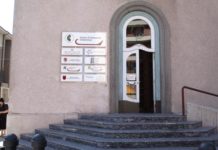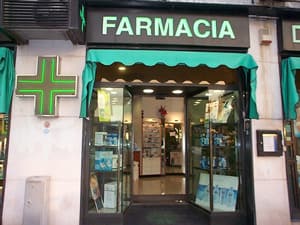News of oil spills and leaks from cargo ships remind us of the great threats to our precious marine environments. Now a new EU-funded project is set to examine how bacterial communities have the potential to support the clean-up of toxic hydrocarbons at contaminated sites.
The MAGICPAH (‘Molecular approaches and metagenomic investigations for optimizing clean-up of PAH [polycyclic aromatic hydrocarbon] contaminated sites’) has been funded to the tune of EUR 3 million under the Food, Agriculture and Fisheries, and Biotechnology Theme of the Seventh Framework Programme (FP7).
Coordinated by the Helmholtz Centre for Infection Research (HZI) in Germany, MAGICPAH is a collaborative project involving 13 research institutions and industrial partners from 9 countries, with the collective aim of exploring the catalytic properties of bacteria in the treatment and prevention of PAH pollution.
Hydrocarbons, which are made up of the elements carbon and hydrogen, are one of the most important energy resources on the planet. As a sub-group, PAHs are often toxic, carcinogenic hydrocarbons that are difficult to decompose and can easily contaminate soil and other matter. Found in staggering volumes in heavy oil and crude oil, they represent a very real threat to rich and complex marine life.
The MAGICPAH team will study how bacteria in soil and in marine environments could be used to break down these hydrocarbons in the event of contamination. As a first step, the scientists will analyse microbial diversity and the molecular processes which are key to removing PAH from soil, sediments and water.
‘Petroleum-degrading bacterial communities harbour a considerable and hitherto unexploited potential,’ said HZI’s Dr Dietmar Pieper. One of the obstacles facing the team is the fact that few bacteria in soils and marine ecosystems can be cultivated in the lab. Dr Pieper explained that the possibilities of exploiting these species can only be explored through so-called cultivation-independent methods.
‘The information collected here in different experimental systems will be used for the design of new knowledge-based strategies for the mitigation of ecological damage caused by PAHs in various habitats. Furthermore, our methods enable direct access to new metabolic reactions that can be used for industrially relevant products,’ added Dr Pieper.
The consortium is represented by partners from seven EU Member States (the Czech Republic, Denmark, Germany, Spain, France, Italy and the UK) as well as Canada and Colombia. The two industrial partners are Earth Tech CZ in the Czech Republic and Syndial S.p.A Attivita Diversificate in Italy.
For more information, please visit:
Helmholtz Centre for Infection Research:
http://www.helmholtz-hzi.de/en/






